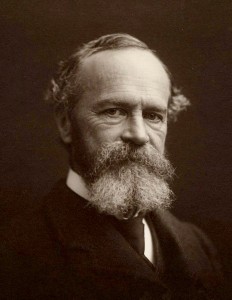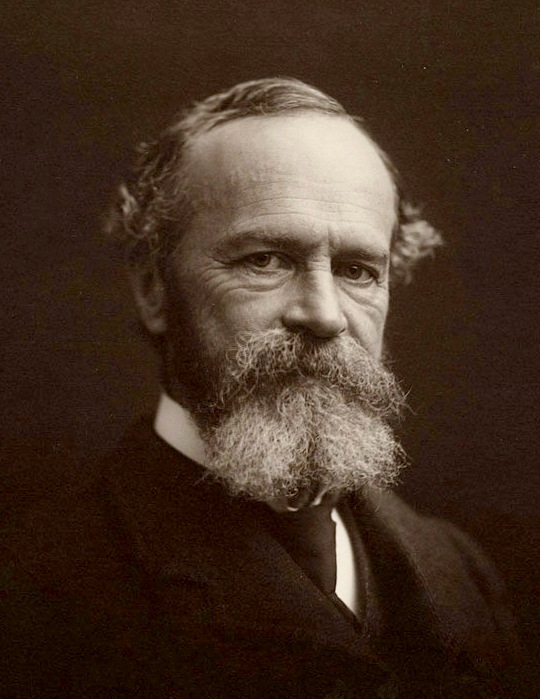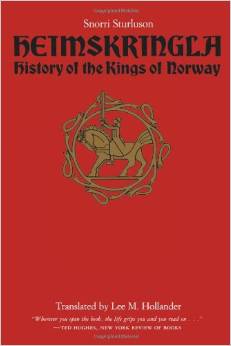“Hello Sir. What are you reading?”
“It’s an essay called ‘The Will To Believe,’ by William James.”

“Oh, nice, I haven’t heard of him before. what’s it about?”
“Well, basically it’s a philosophical justification of Belief, in which it can coherently exist alongside rationalism and science.”
“Oh, interesting. I’ll have to look into it. William James, you said?”
“Yes, he was an American philosopher and psychologist who wrote in the late 19th and early 20th century, around the time that psychology was becoming its own discipline, separate from philosophy. You might be more familiar with one of his most famous books, called The Varieties of Religious Experience.”
“I’ll have to look into it. So, what do you believe?”
“Well, I don’t really believe in belief.”
“What do you mean?”
“Put it this way, I’ll give you another line from one of my favorite writers: Belief is the death of intelligence.”
*blink* *blink*
“What does that mean?”
“Well, I interpret it to mean that when we fixate something into a belief system, we tend to close ourselves off from the possibility of novelty, and seeing the world in a different way than we did yesterday.”
“Ah, so you have to keep thinking and challenging yourself.”
“Sure, something like that.”
“We believe that too. I’m from the Church of Jesus Christ of Latter Day Saints.”
“Oh, cool. I have a copy of the Book Of Mormon in my library. One of your colleagues gave it to me, probably 30 years ago now.”
“Have you read it?”
“Not all the way through, and honestly I haven’t picked it up in years. I find Mormonism to be one of the most interesting religions out there.”
“Oh, how come?”
“Mostly because its history, how it was founded, is a great story. I really like stories about Christ that are outside the norm, as portrayed in the Gospels. Also for other little things that make me go hmmm. For instance, that they call someone as young as yourself an ‘Elder,’ if I’m reading your nametag correctly. In my tribe, that term is used for people with quite a bit more life experience than is possible for one so young.”
“What religion are you?”
“Well, I don’t really believe in Organized Religion with capital letters, and for the most part I think monotheism is a blight upon humanity. But if you want to call me something, call me a pagan.”
“What do you mean, pagan?”
*blink* *blink*
“Well, that stuff you were talking about earlier, about not stopping thinking when you believe something, well we believe that too.”
“Cool.”
“So, would you mind if we stopped by sometime to talk to you?”
“Well, I don’t live here. I’m in town for a gig, I live 100 miles away.”
“Oh. Well, can I give you this card? You should look something up on the web, I bet you’d get a lot out of it.”
“Sure, if I can give you a copy of my Radical Paganism pamphlet. I bet you’d get a lot out of that, too.”
“Have a good night, Sir.”
“You too.”


